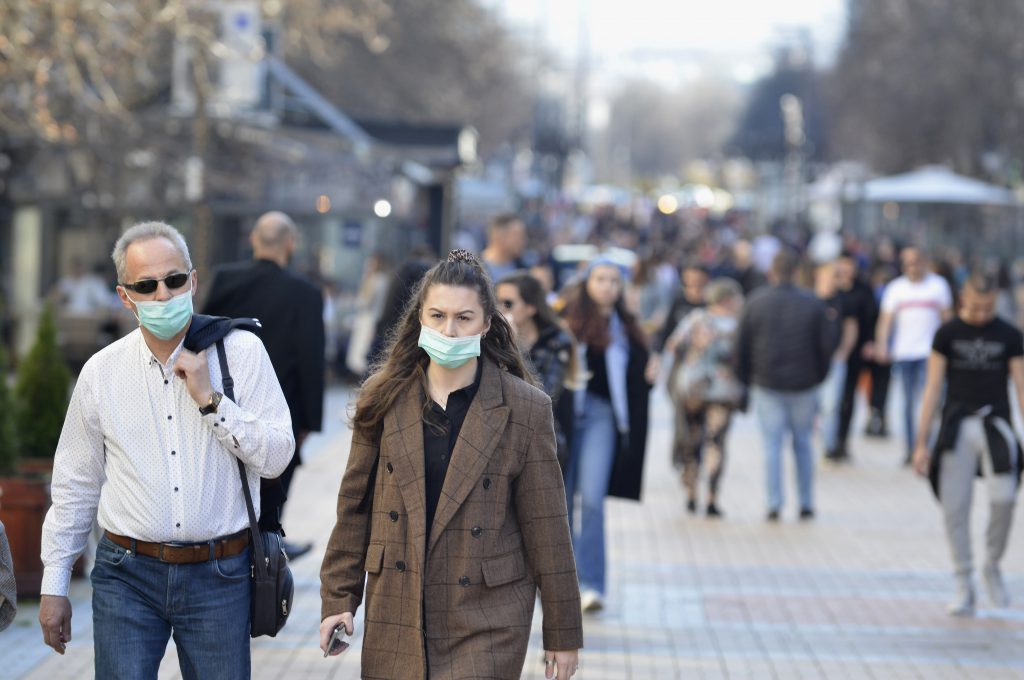The Social Impact of COVID-19

The Employment and Social Developments in Europe (ESDE) review recently published by the European Commission shows that the social impact of the COVID-19 crisis has been uneven and diverse in Europe. The report calls for a stronger social dimension to accompany economic recovery.
The main findings of the ESDE review are:
- Employment grew in jobs that are critical, can be carried out from home and require low social interaction.This was the case for instance in insurance, computer programming and telecommunications sectors, while accommodation, food and travel saw a high drop in employment.
- The geographical impact of the COVID-19 crisis has been uneven. Across EU Member States, the Mediterranean regions and rural areas were the most affected by job losses, also linked to tourism.
- Well-performing labour markets proved to be better protected against the economic downturn.
- Countries with strong social dialogue institutions favoured the early involvement of social partners in designing and deploying response measures.
- The decline in the EU employment rate was slightly higher for men than for women.
- Teleworkers are satisfied with working from home when they receive the equipment needed, and when work does not interfere with family time.
